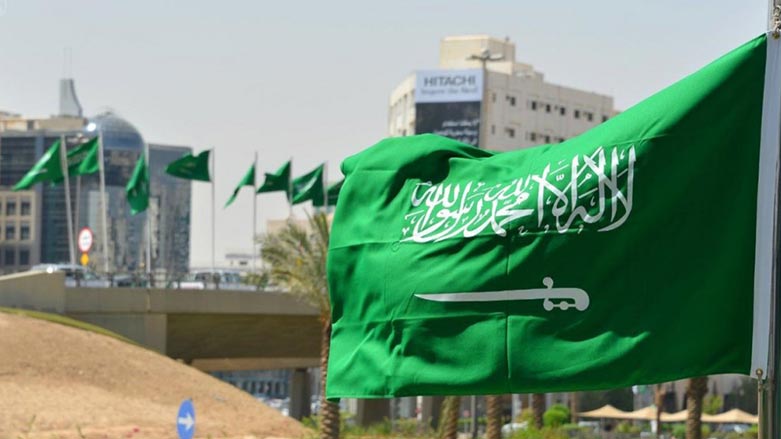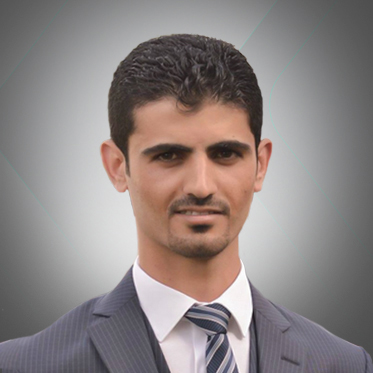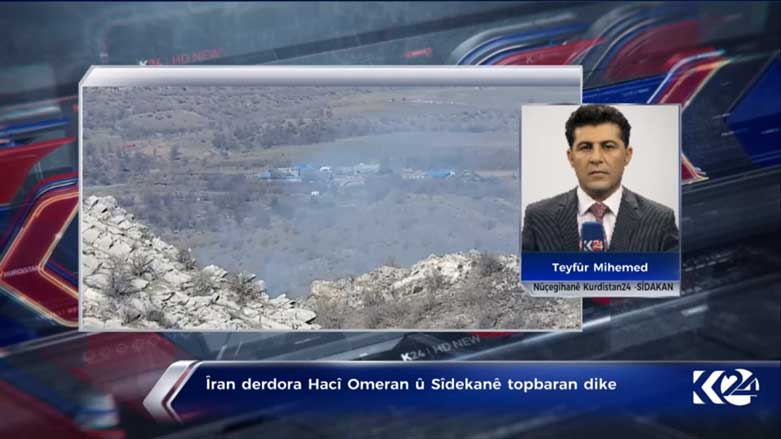Saudi Consulate in Erbil denies Iranian allegations

ERBIL, Kurdistan Region (Kurdistan24) – The Saudi Arabia Consulate in Erbil denied allegations by Iran that they support the Iranian opposition party to launch attacks inside the country, on Saturday.
The Consulate in Erbil released a statement denying any involvement with the allegations announced by some Iranian officials last week.
“What has been published in Fars News Agency is baseless and untrue, and we deny the accusation attributed to the Consulate officials,” the statement said.
On Feb. 22, The Kingdom of Saudi Arabia opened its Consulate in Erbil, the capital of the Kurdistan Region.
Mohsin Raziye, Secretary of Deciding Interests of the Islamic Republic of Iran, told Iranian media that Saudi Arabia had sent “two sleeper cell terrorist organizations” through its Consulate “to carry out terror attacks” in Iran’s Kurdish majority regions.
Raziye was quoted by Iranian media outlets declaring that all members of the sleeper cells were eliminated.
On June 15, clashes erupted when Iranian troops opened fire on a group of Kurdistan Democratic Party – Iran (PDKI) forces near the village of Qarasaqil in Shino.
According to PDKI sources, 11 Iranian troops, including the army’s deputy commander, were killed, and five others wounded. Six PDKI Peshmerga fighters were also martyred in the attack.
Iranian media, quoting military commanders, confirmed the confrontations with the Kurdish forces but stated that only three Iranian soldiers were killed.
On Saturday morning, clashes erupted between PDKI Peshmerga fighters and Iranian Revolutionary Guards in the city of Mariwan, Iranian Kurdistan (Rojhalat) in northwestern Iran.
According to Iranian IRNA News Agency, two Peshmerga fighters have reportedly been martyred during the clashes, while PDKI stated that several Iranian soldiers were killed and wounded during the violence.
Editing by Karzan Sulaivany

